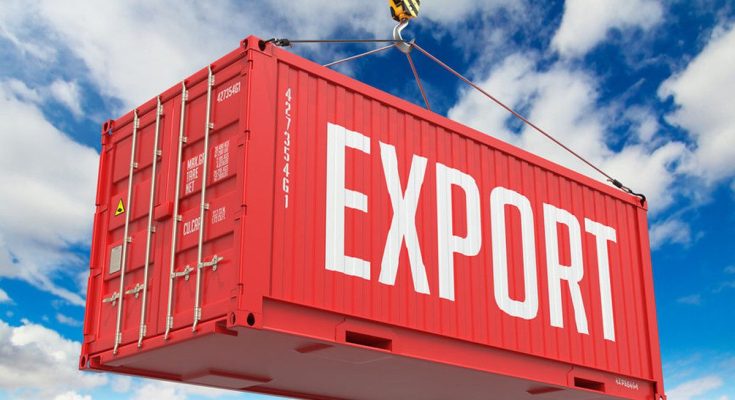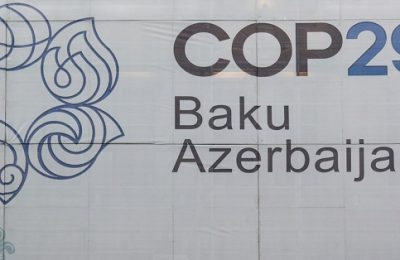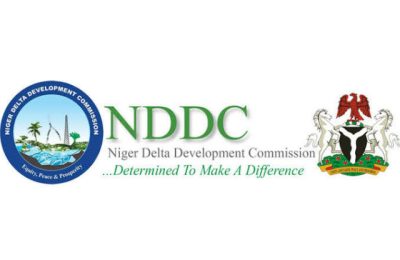Following the decisions by the Netherlands and Belgium to halt the export of low-quality petrol and diesel to West Africa, Nigeria may face an increase in the cost of importing refined petroleum products.
In April, the Netherlands introduced legislation to tighten the specifications for its road fuels exports, and Belgium’s environment and energy ministries are planning to introduce their own draft rules to enhance the quality of exported fuels. The goal is to reduce northern Europe’s contribution to supplying Africa with environmentally harmful fuel, which has led to significant environmental problems.
Belgium has also introduced draft rules to improve the quality of exported fuels. Since Nigeria relies heavily on these countries for its fuel supply, it may now be required to pay more for these imports.

In response to this, a team led by S&P’s Global Director, Crude and Fuel Oil Markets, Joel Hanley, suggested that Nigeria may need to explore alternative sources or be prepared for a rise in pump prices.
According to available data on refined petroleum in Nigeria, the country imported refined petroleum valued at $11.3 billion in 2021, making it the 18th largest importer of refined petroleum in the world. Nigeria primarily imports refined petroleum from the Netherlands ($3.62 billion), Belgium ($1.78 billion), Norway ($1.2 billion), India ($992 million), and the United Kingdom ($760 million).
In February 2022, the country faced a crisis over the presence of dirty and adulterated petrol in circulation, imported from Antwerp in Belgium. The product was later withdrawn from circulation due to excessive levels of methanol causing engine damage.
Oil marketers have recently raised concerns about the substandard quality of Premium Motor Spirit (PMS) in some filling stations, noting that the products do not meet the standards approved by the Nigerian Midstream and Upstream Regulatory Authority (NMDPRA).

Given the country’s current energy crisis, this situation may further impact the prices of petroleum products.







